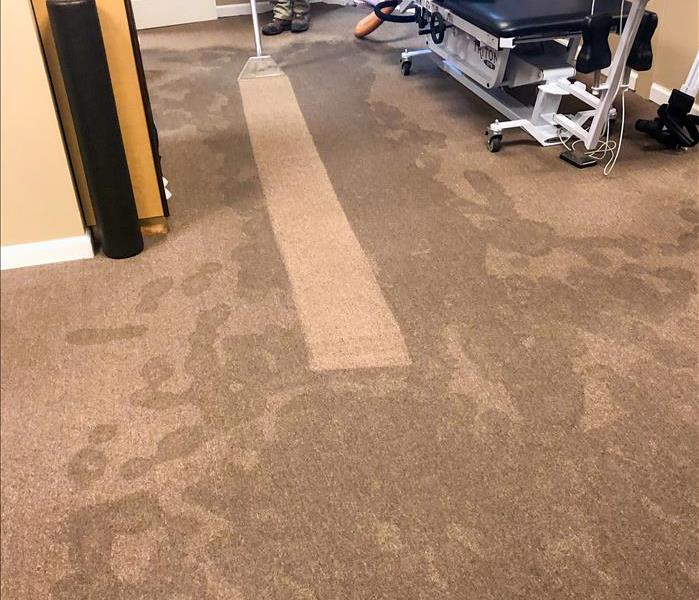Does My Storm Damage Qualify For a Tax Deduction?
11/11/2020 (Permalink)
 If you think your storm damage is tax-deductible, be sure to have proper documentation to back up your claims and calculations
If you think your storm damage is tax-deductible, be sure to have proper documentation to back up your claims and calculations
Use This Four-Step Checklist To See If Your Damage Is Likely To Be Tax-Deductible.
If you experience storm damage to your business property or other commercial building, you may be able to deduct some of your losses on your income tax return.
1. Did the Storm Cause Damage to Your Business Property?
Property damage caused by a storm or other disaster is considered a “casualty loss” under Section 165 of the Internal Revenue Code. For commercial property, you can deduct an amount equal to the reduction in the property’s market value as a result of the damage; in other words, the property’s value right before the storm, minus its value right after the storm.
Most people don’t have appraisal figures for right before and right after a storm. Instead, the IRS allows taxpayers to add up the total cost of repairs and storm restoration expenses to calculate the deduction amount.
2. Was the Damage Covered By Insurance?
Insurance coverage is not a requirement for deducting casualty losses; however, if your property was covered by insurance when the storm hit, you must have filed an insurance claim for the storm damage to be considered deductible. You must subtract any insurance payments you received for the damage from your claimed deduction amount.
3. Was the Property Within a Federal Disaster Area?
If the damaged property was within a federally declared disaster area at the time of the loss, there may be additional deductions available. Check FEMA’s website to see disaster information for Brookhaven, GA.
4. What About Other Losses?
Some additional storm-related losses, like destroyed inventory, may be deductible as business expenses under Section 162. Some expenses which are not tax-deductible include
- intangible losses, such as lost income
repair costs for damage caused by ordinary - wear and tear
- losses due to looting or theft
If you think your storm damage is tax-deductible, be sure to have proper documentation to back up your claims and calculations. If you’re unsure, it’s best to consult a tax professional.





 24/7 Emergency Service
24/7 Emergency Service